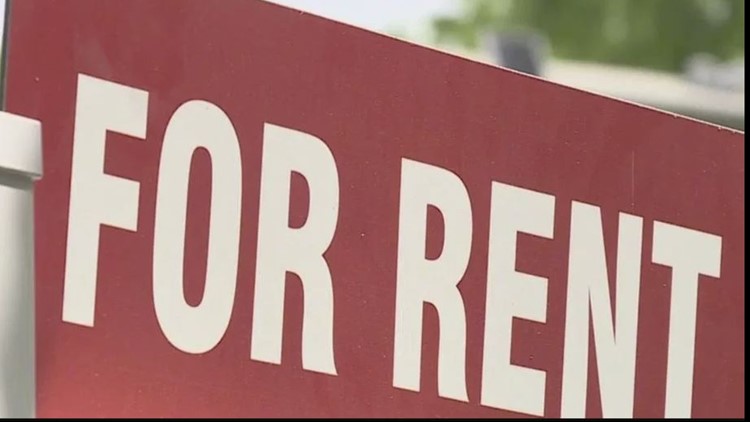WASHINGTON -- D.C. City Council has taken the first steps towards proposing new regulations for short-term rental services, like Airbnb, on Tuesday which is intended to limit hosts from owning multiple properties just to rent out.
They voted unanimously on the bill Tuesday.
According to Ward 1 Councilmember Brianne K. Nadeau, who posted about it on her website, the bill would create short-term rental licenses.
These licenses would allow hosts to either rent out rooms at their primary residences for an unlimited amount of days. However, the host must be on the premises at the time. There’s no limit on how many rooms you can rent.
The license would also allow hosts to rent out short-term rentals in homes that are not their primary residences for up to 90 days per year. The host would not have to be there.
Such a bill has been in the works since February and similar bills have been passed in New York City, New Orleans and Santa Monica, California, among other cities.
Arlington County passed regulations in December, putting a hosting cap on 180 days a year.
Airbnb released a statement in response to the vote: “Today, the D.C. Council voted to put the interests of the hotel cartel ahead of D.C. residents, and according to the city's own projections creates a $96 million unfunded mandate and robs D.C.’s communities of color of $25 million annually in supplemental income. There’s a better way forward and we are ready and willing to work with the Council between now and October 16th to create rules that work."
Meanwhile, members of It’s Time, D.C., an advocacy group, praised D.C. City Council today for passing a short-term rental ordinance released today:
“Protecting affordable housing options in D.C. is vital to our efforts in ending homelessness and helping low-income families find a stable, affordable home. We praise the City Council for pushing this important issue forward to not only safeguard housing for the families we serve in D.C. but also relieve the pressure short-term rentals cause on the cost of housing citywide,” said Kelly Sweeney McShane, President and CEO, Community of Hope.
The bill still has to pass a second vote.



